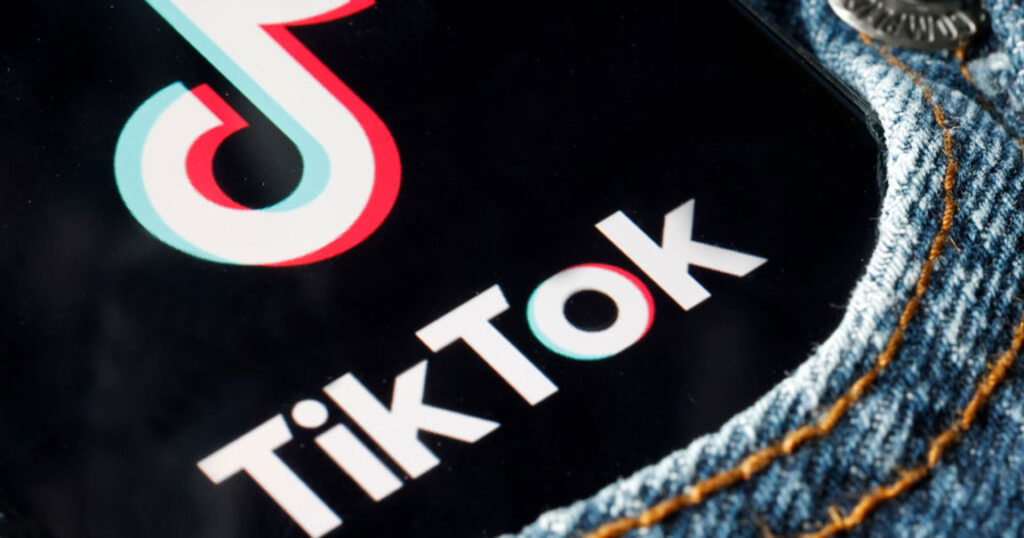An Australian study says the Chinese government’s push to monitor the habits of online users extends well beyond the social media app TikTok. AFP/GETTY IMAGES
VOICE OF AMERICA
An Australian study claims that the People’s Republic of China’s (PRC) monitoring of global internet users’ online habits — a practice that has made TikTok controversial in the United States — extends far beyond the popular social media app to numerous other platforms and even online games. The Australian Strategic Policy Institute, a research organization that receives funding from the Australian government and others overseas, said in a May 2 report that Beijing’s propaganda chiefs are forging ties with Chinese tech companies to gather personal data from a wide range of social media apps or platforms and popular online games.
They include ride-sharing app DiDi, the action game Genshin Impact, and Temu, the popular online marketplace. The Australian study claims that the PRC’s ambition is to harvest “strategically valuable” data from media, gaming, artificial intelligence and other emerging technologies. It states that the PRC is “working to extend its influence abroad to reshape the global information ecosystem … to strengthen its grip on power, legitimize its activities and bolster China’s cultural, technological, economic, and military influence.”
There has been no response, so far, from Chinese authorities. Beijing has previously accused the Australian government of “anti-China hysteria” over various geopolitical and trade disputes. Samantha Hoffman, the lead author of the Australian Strategic Policy Institute report, told the Australian Broadcasting Corp. that data obtained from apps, platforms and games could be valuable to the PRC.
“That could be data on the way that users make decisions. [With] Temu, it could be preferences that indicate the likes and dislikes of particular demographics,” she said. “If China is trying to shape the way that the world perceives and understands truth and reality, then this data will help to make those efforts more successful over time.”
The report urged policymakers to “develop robust defenses and countermeasures to safeguard against future information campaigns orchestrated by Beijing.” It also asserts that much attention has been given to the Chinese-owned platform TikTok because of concerns that the user data it collects could be shared with Chinese authorities. It cautions, however, the problem “runs much deeper than just TikTok.”
TikTok’s Chinese owner, ByteDance, has said it will mount a court challenge in the United States to what it called an “unconstitutional” law making its way through Congress that could require the platform to be sold or banned in that country. ByteDance has denied collusion with the Chinese government.
Last year, Australia said it would ban TikTok on government devices, including cellphones, because of security and surveillance fears.

